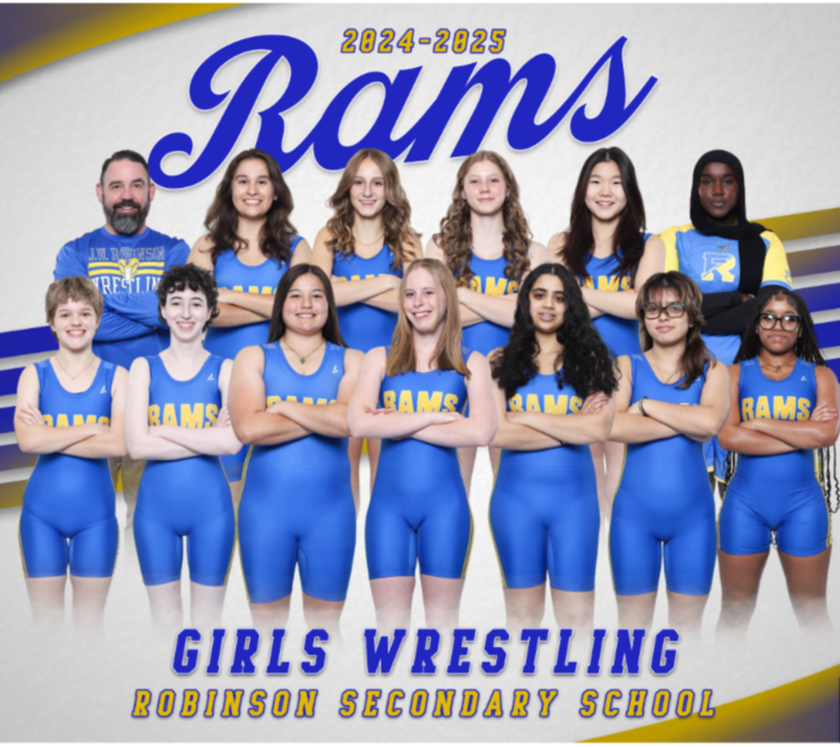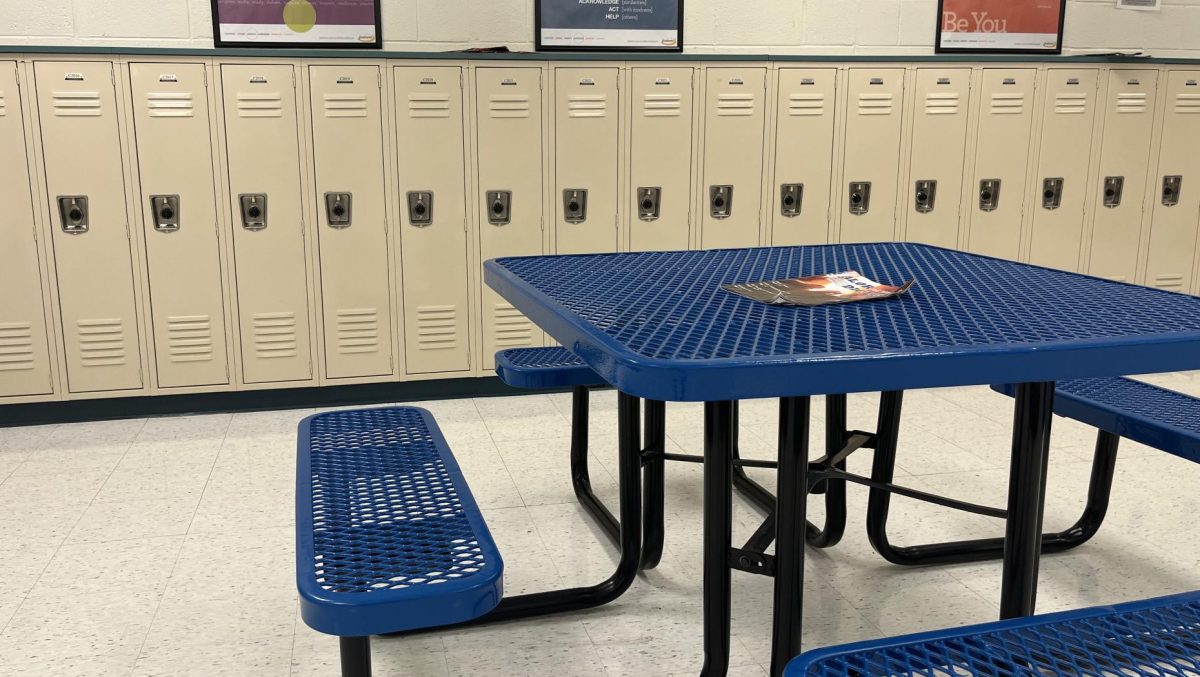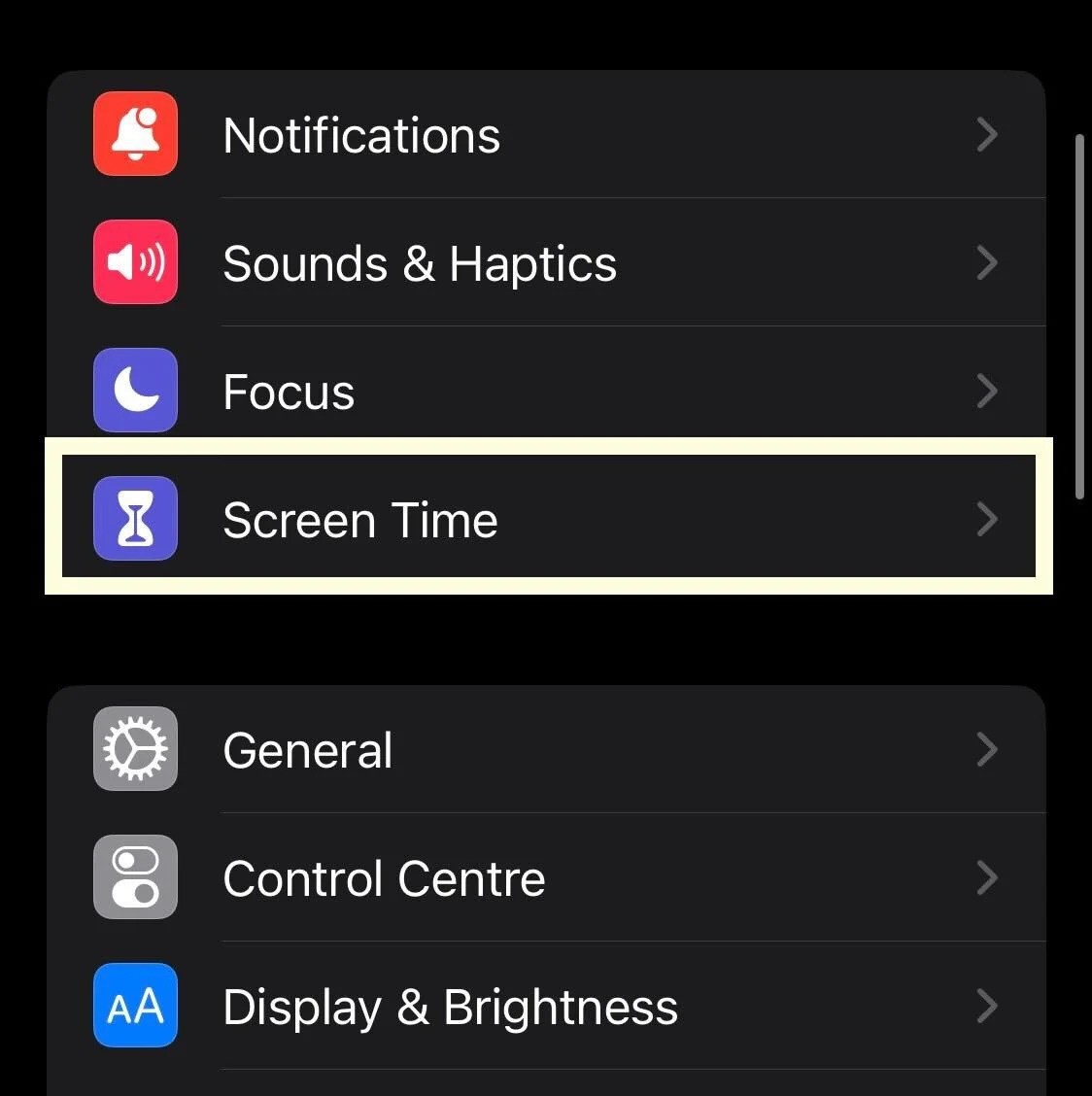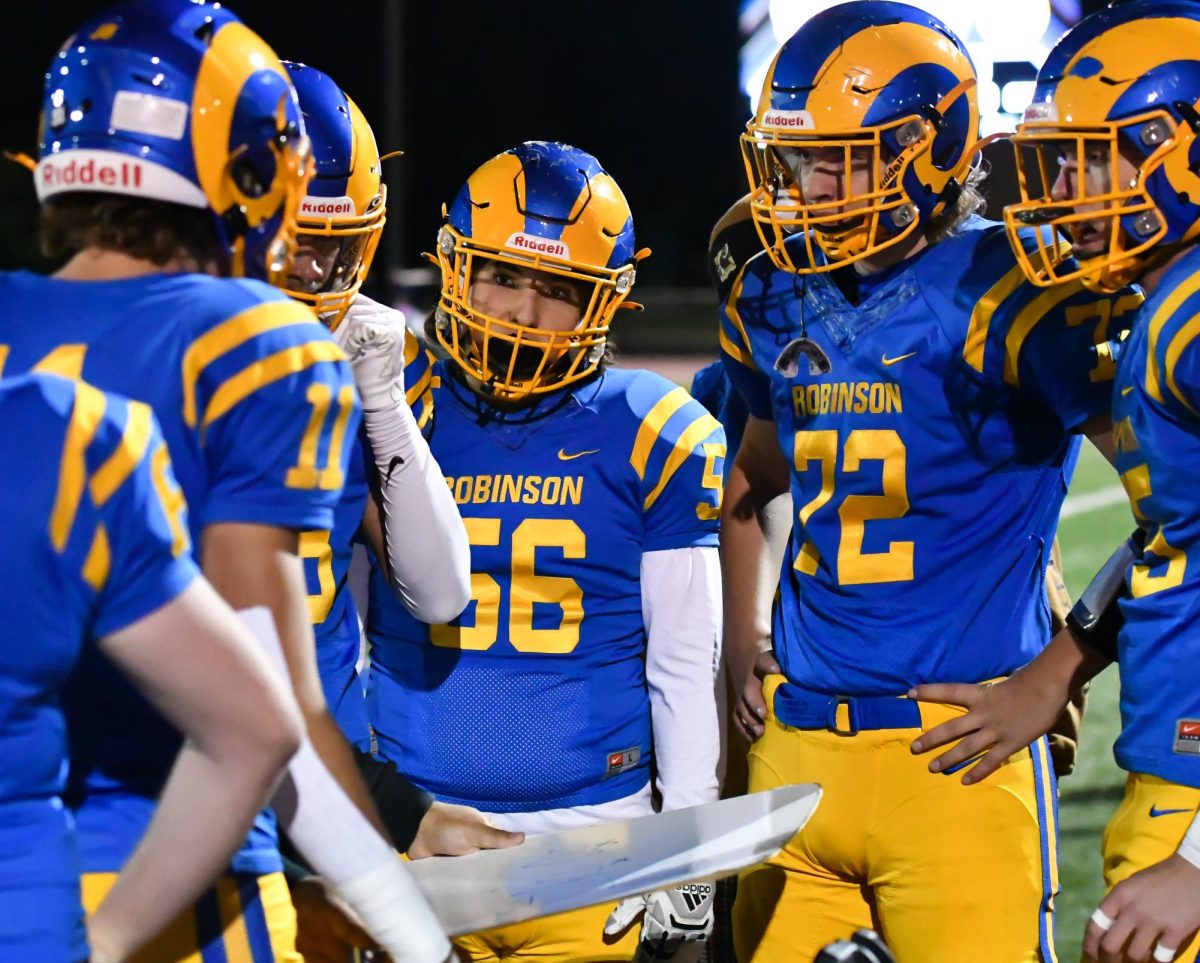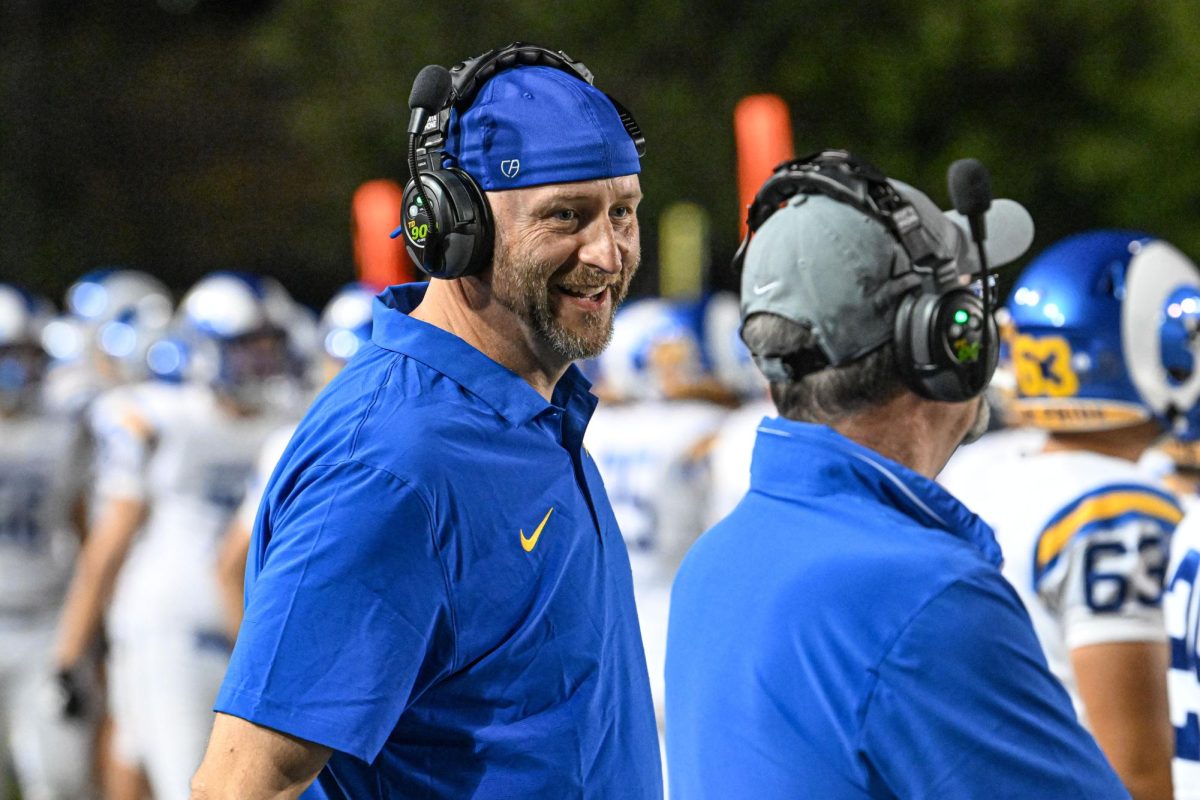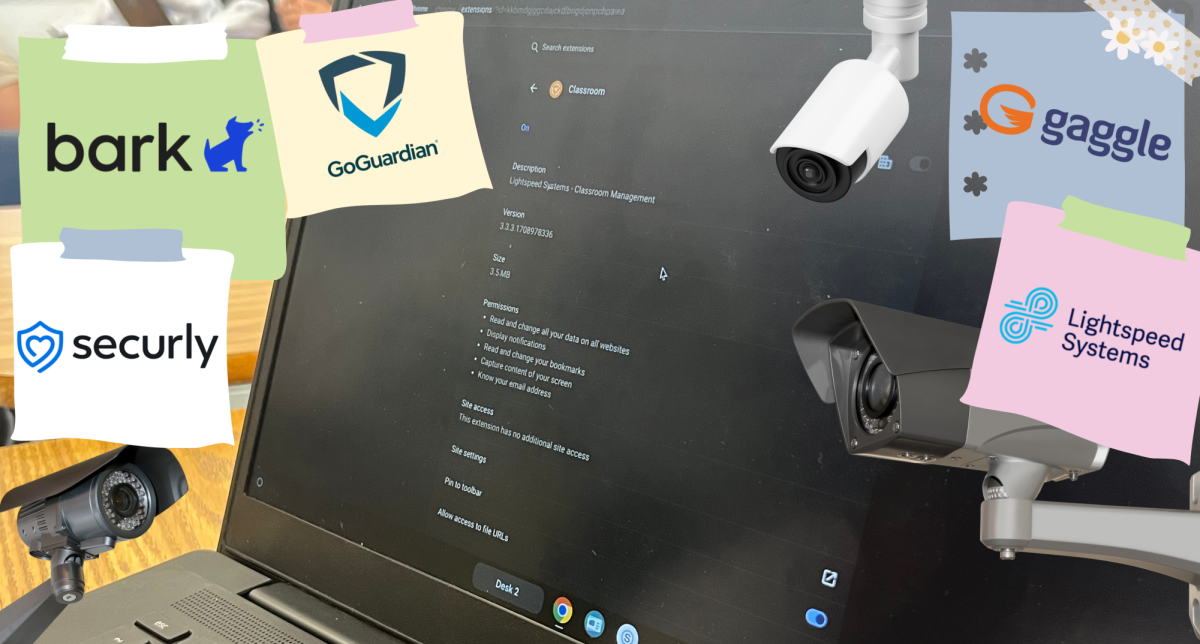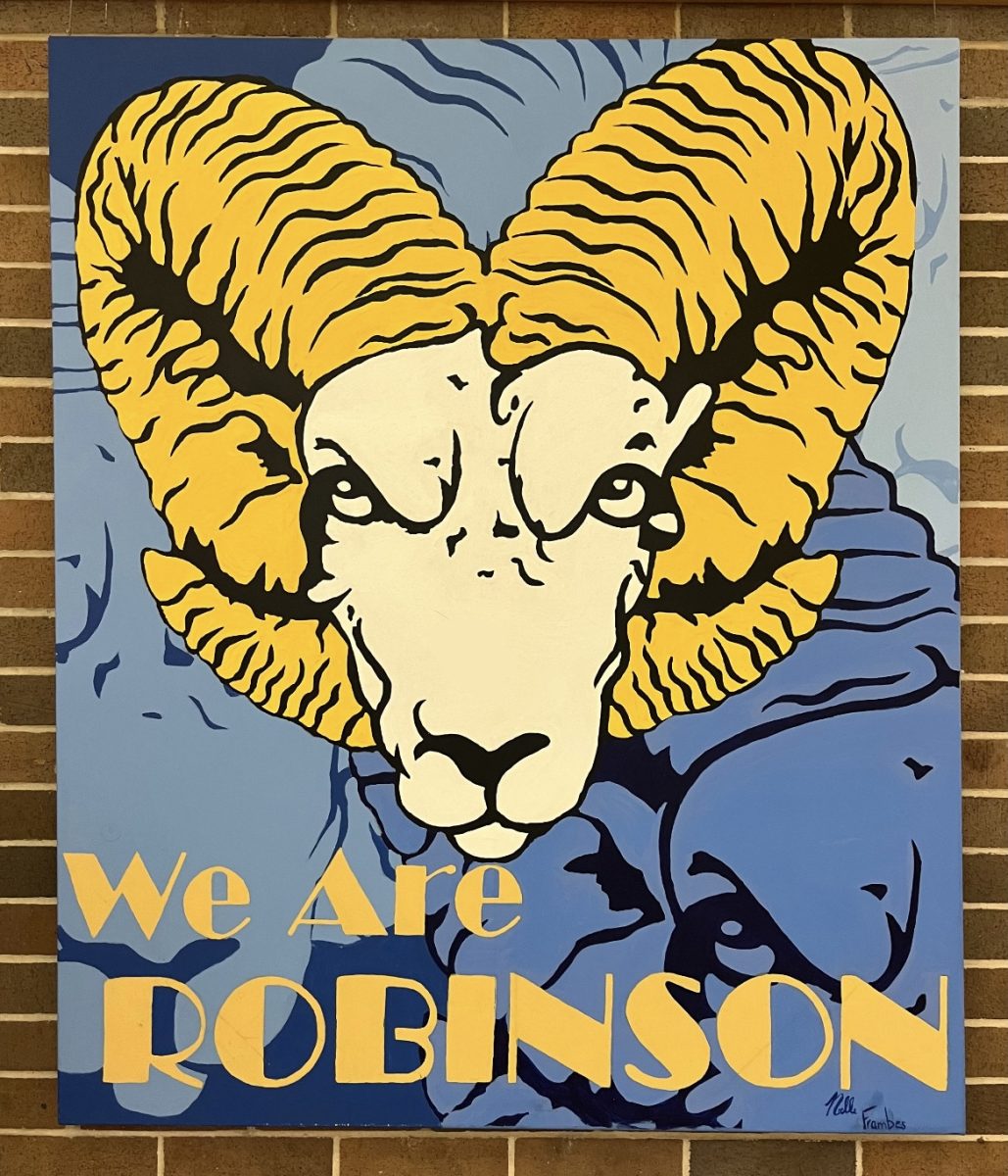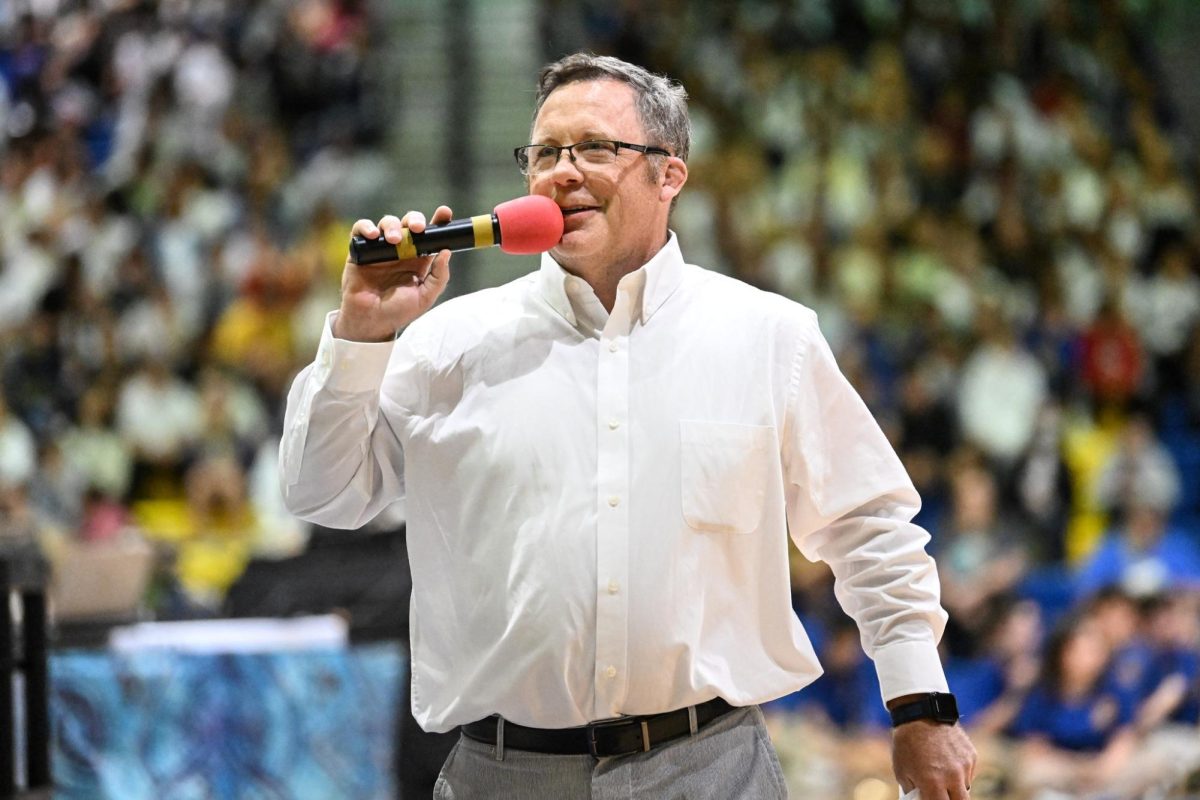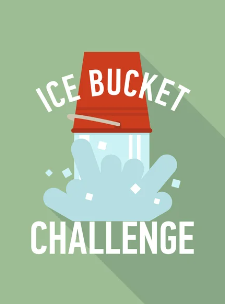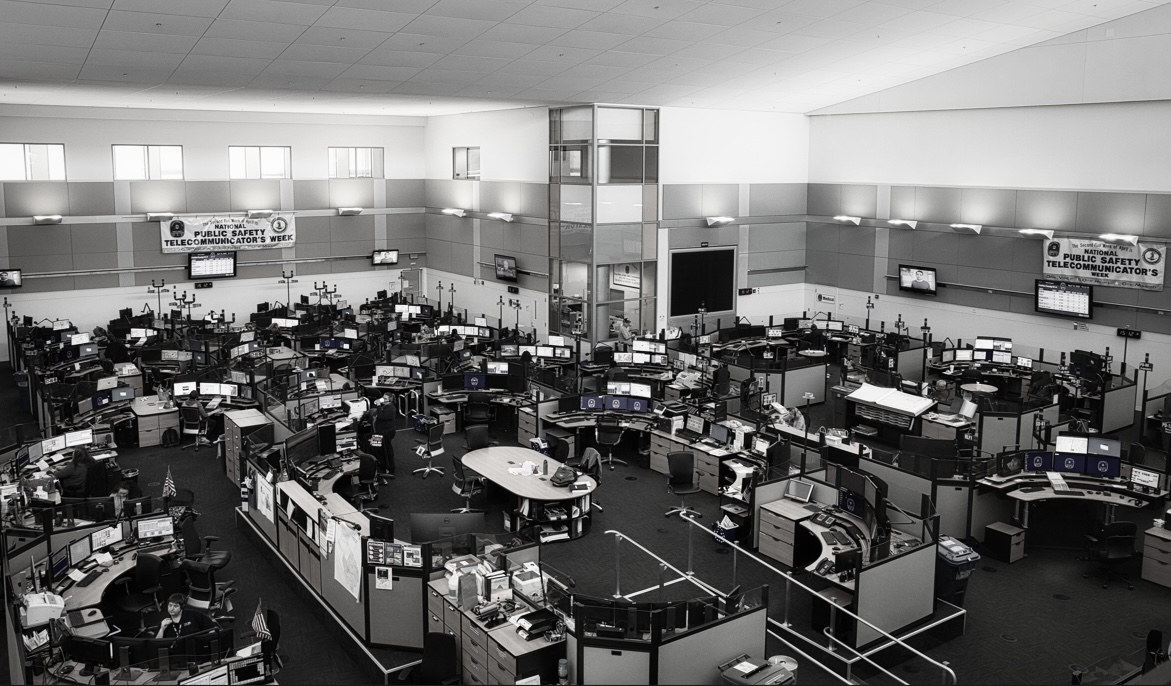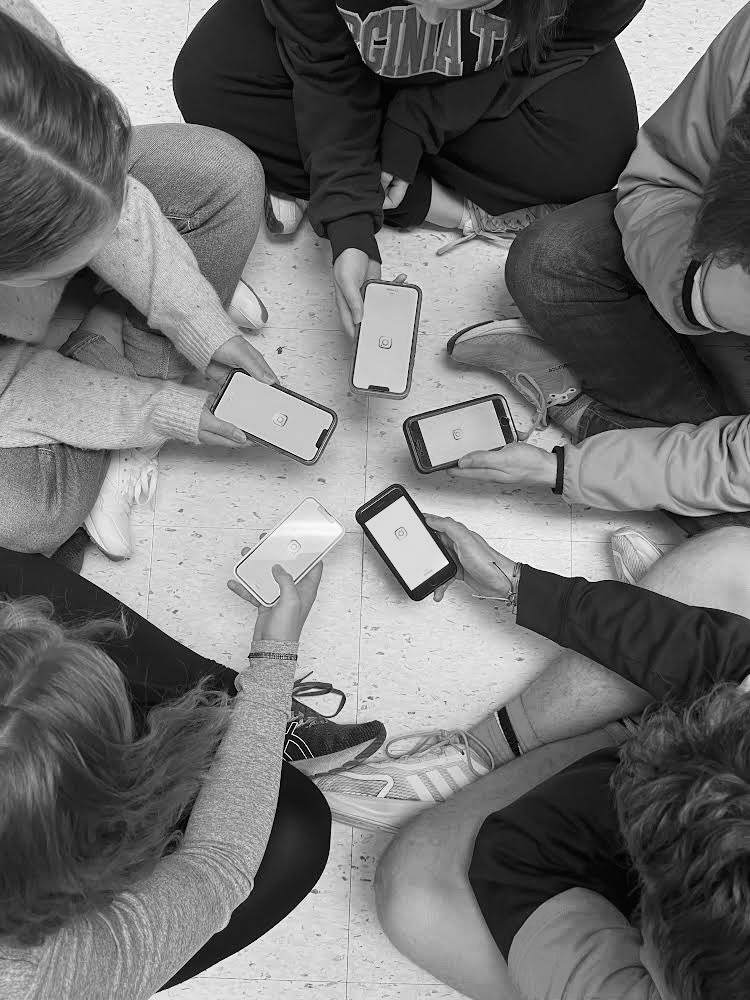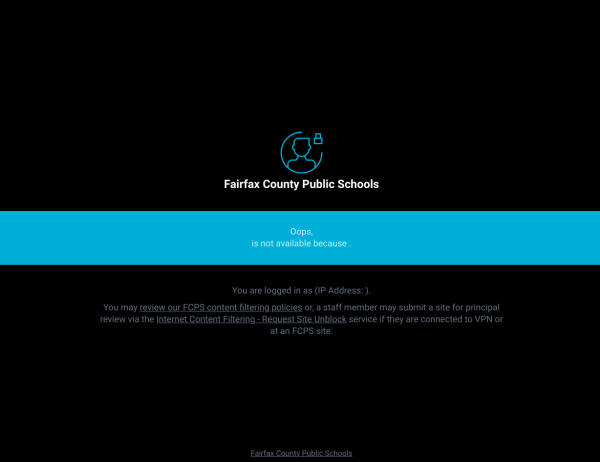
All schools in Fairfax Country guarantee students a computer free of charge to use for the year. The accessibility to online distractions is easy when assignments are on computers. “For a lot of the classes, everything’s on your computer, so if the teacher is standing in the front of the classroom and can’t see your screen and can’t see what you’re working on, it’s easy to play games,” said an anonymous student. Many students estimated that anywhere between 30 percent to 70 percent of their class is not on task when on computers.
In order to minimize distractions, many sites have been blocked by the Department of Information Technology office in FCPS. “We can’t block everything because every time we do [students] find 40 more things that they can distract themselves with,” said Derek Knizner, technology support specialist. Even with these restrictions, students continue to find ways to play games in class. “It’s so easy if you want to play games,” said a student. “There are games that everyone knows that aren’t blocked and if you want to play a game you can.”
Some students and teachers believe that this problem is best mitigated with homework and assignments, meaning that students who are distracted in class will have more homework. “The people that are on their computers are just going to do it at home, which I guess is their decision,” one Robinson student said. “The more games that get blocked isn’t going to change how much people are playing games… I think that the solution is more that people don’t get their work done.” Another student said, “it’s the kids’ choice to be off task. The teacher can’t force the kids to stay on task, but they can assign them work.”
Other strategies include less work online. “I often take lessons that can be done entirely digitally and make [students] go on paper to put the laptops away to increase student engagement and participation because it works,” said Theory of Knowledge (ToK) teacher Holly Cho. “It really makes a huge difference in ToK.” Cho also expressed her understanding that students have many assignments to do, and are often multitasking if computers are being used in class. English teacher Wendy Vu takes a similar approach. “When I want students to pay attention, I specifically design lessons so that their computers are closed,” she said.
Even with teachers working to prevent distractions in class, through assigning unfinished assignments as homework and making more tasks on paper, students continue to multitask in classes. “I think I ended up having to do all my math homework the day before the test because I’m on my computer,” said a Robinson student. “I think it’s a very big problem and we use them irresponsibly.”
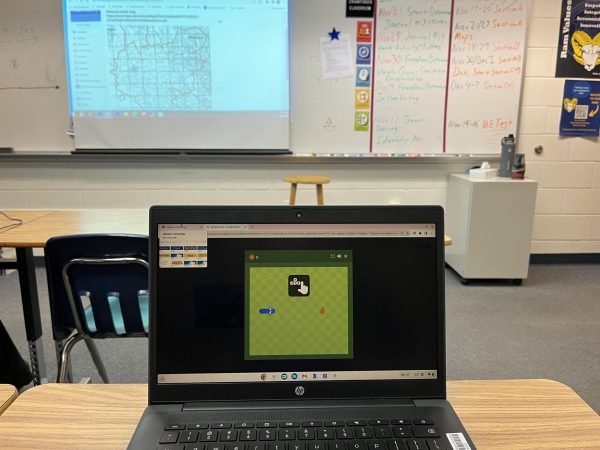
This issue affects schools and colleges worldwide. Countless studies have found results supporting the idea that computer and technology allowance negatively impacts learning. A survey of college students across the U.S. found that students averaged 21 percent of class time on technology for non-related classroom purposes. An international study reviewed 46 European studies regarding the impact of “media multitasking” and found that both retention and comprehension of learning was impaired. These studies only scratch the surface of research and investigation on technology usage in classrooms, and its effect on students’ learning abilities.
It is important to note that although technology can cause distractions, websites and online resources can also provide ways of learning that paper cannot. Science simulations, researching abilities, and improved teacher-student communication are all advantages of digital learning. Additionally, distractions in the classroom were an issue before computers were introduced. “I went to school in the 80’s and we were just as distracted then, only the difference is that we didn’t have a computer in front of us, it was always something else,” said Knizner. “The problem is just that distraction is exacerbated by technology sometimes because it gives you a lot more places to go.”
Technology has had both positive and negative impacts on the field of education. Methods for combating student distraction during class time continue to be tested and implemented by teachers worldwide.




